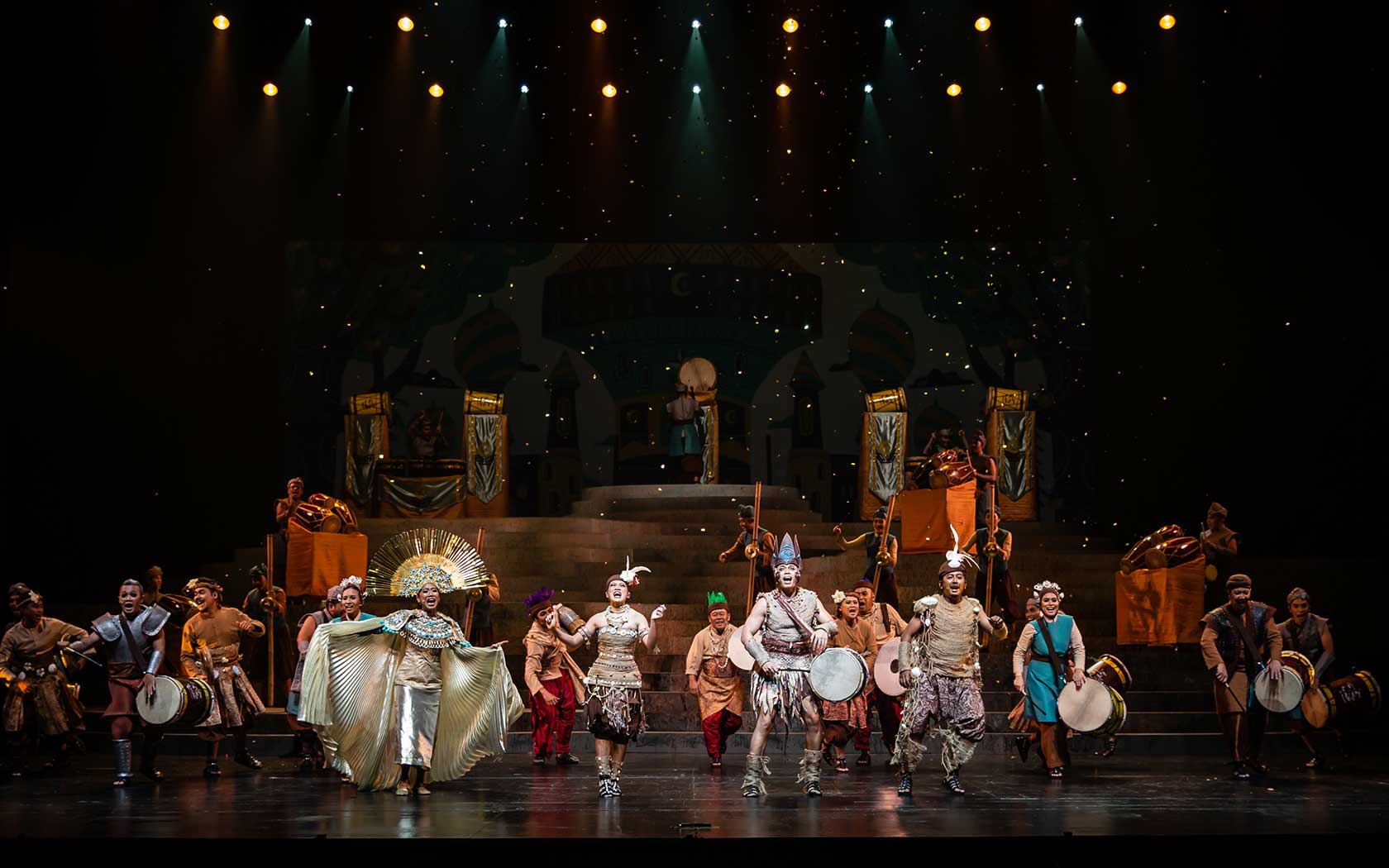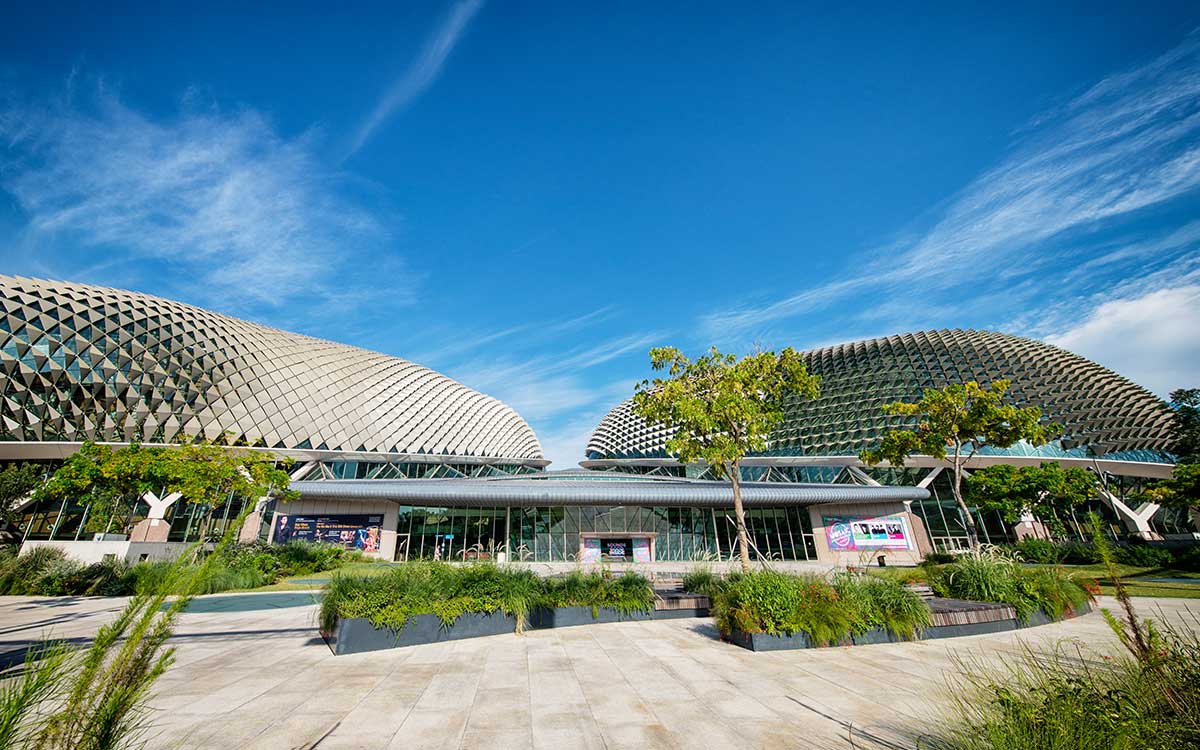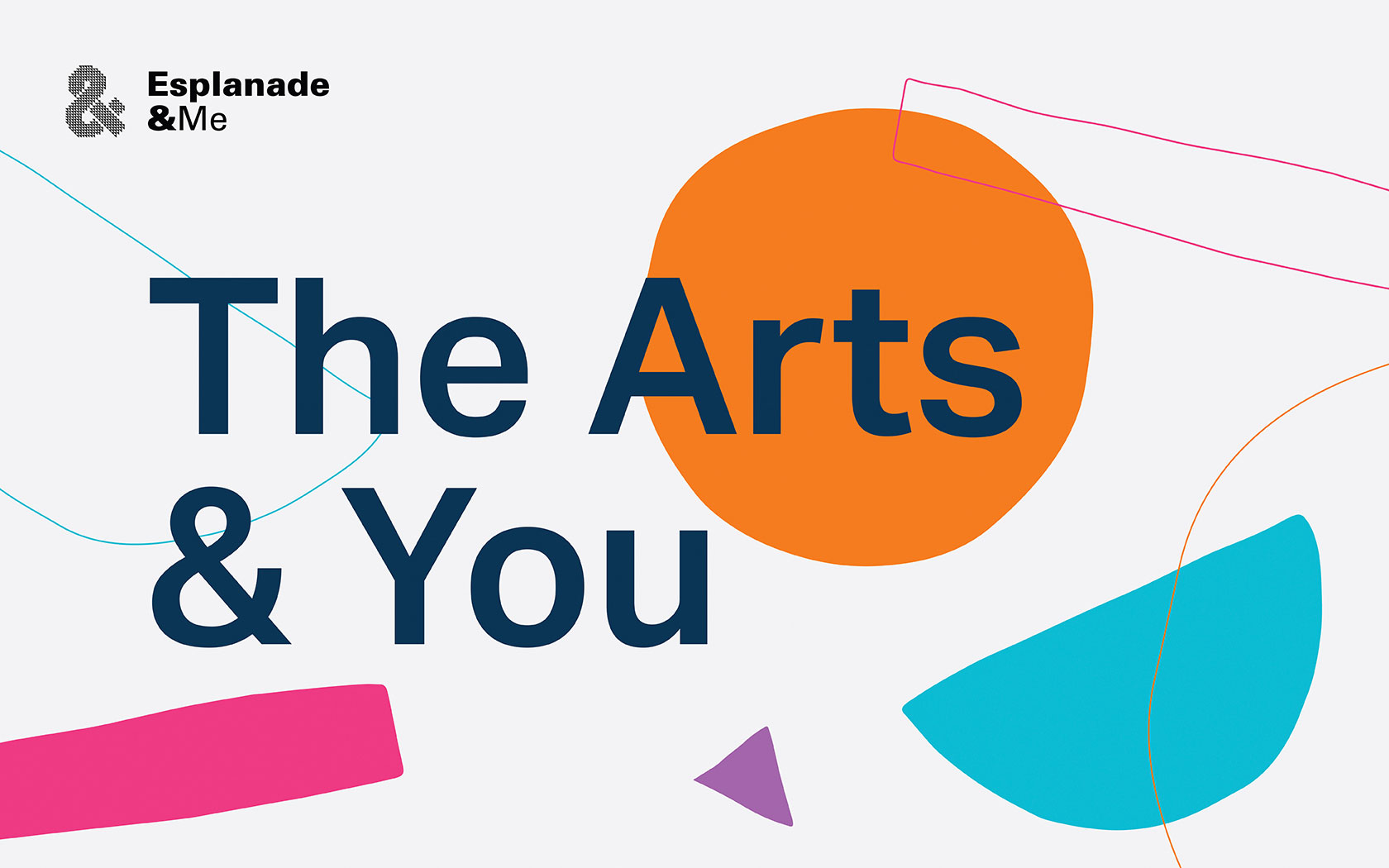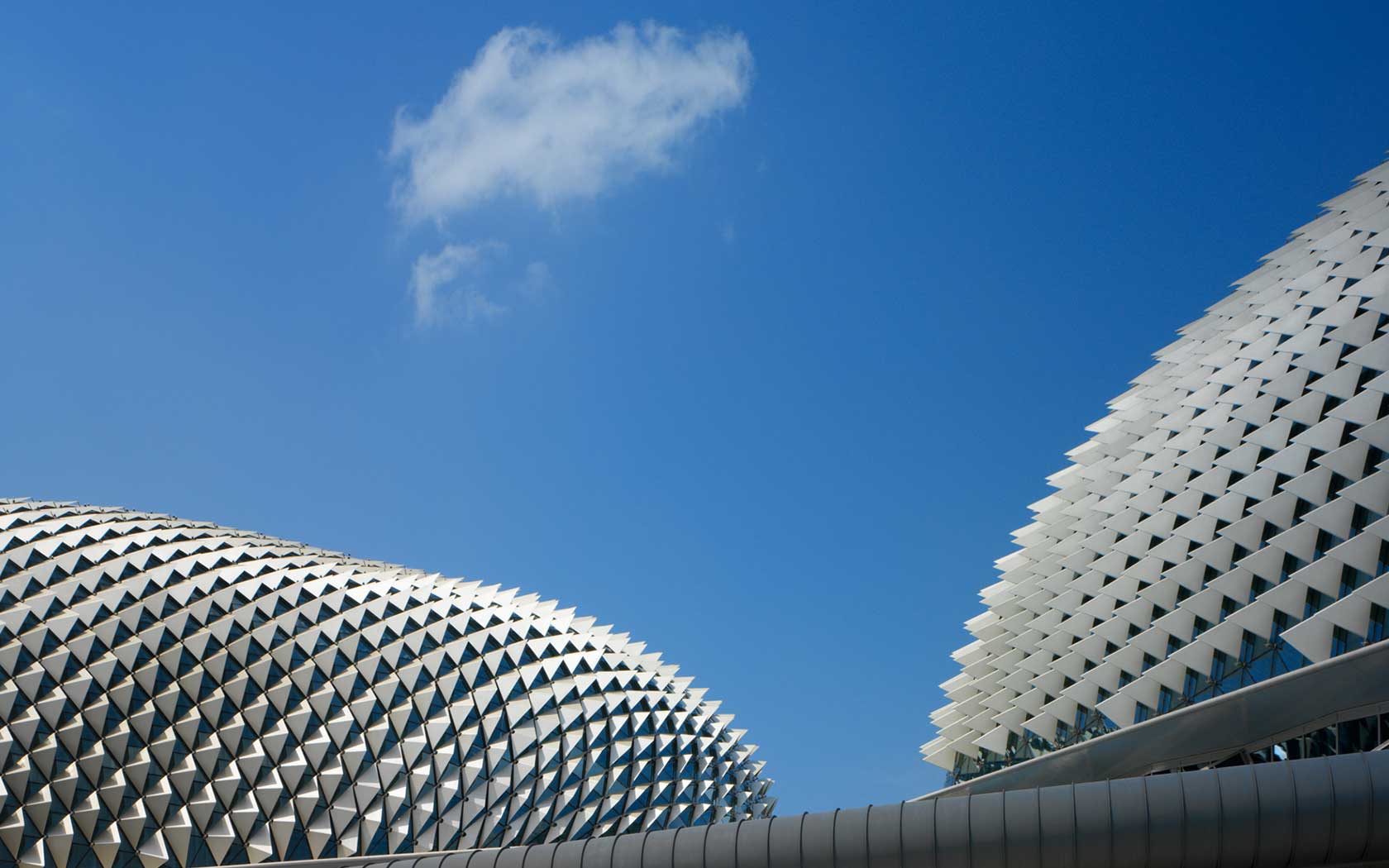We use cookies to improve your experience on our site. To find out more, read our data protection and cookie policy. By using our site, you agree to our use of cookies. Close to continue browsing.
Esplanade Presents
Hevene Quene: Marian Devotion from Mediæval England and France
28 Apr 2023, Fri, 7.30pm
1 May 2023, Mon, 7.45pm
(Intermission: None)
Esplanade Concourse
This event is over.
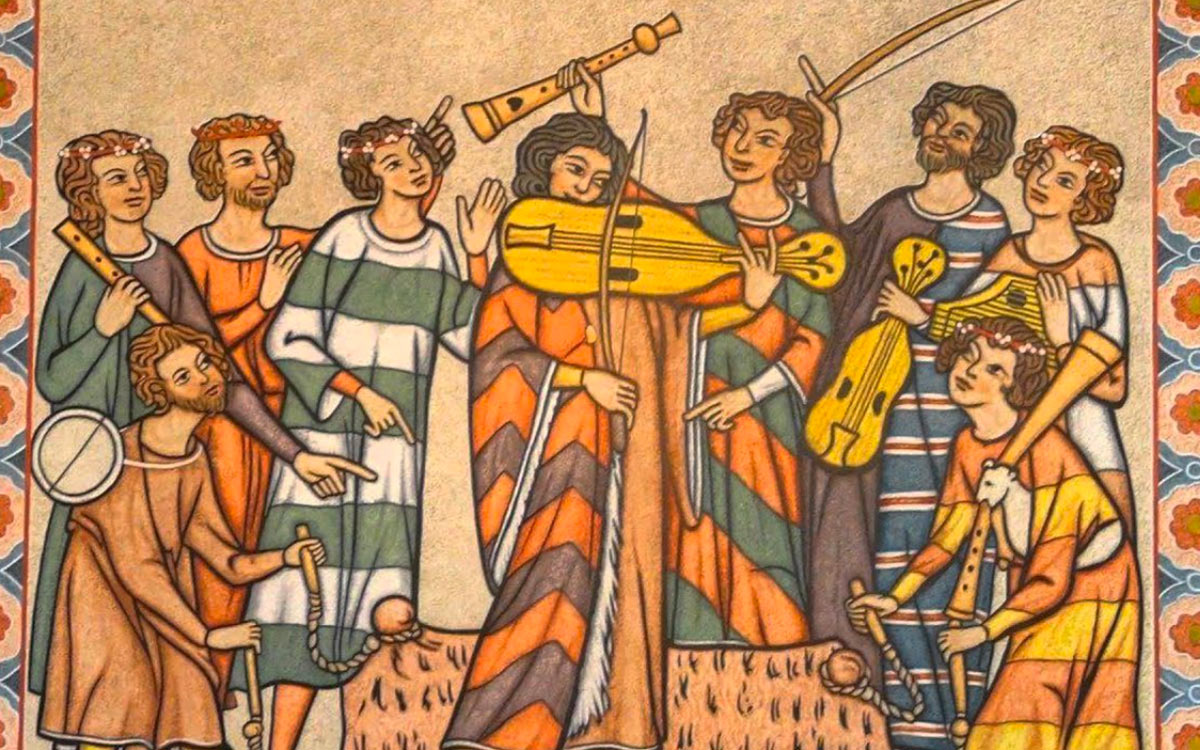
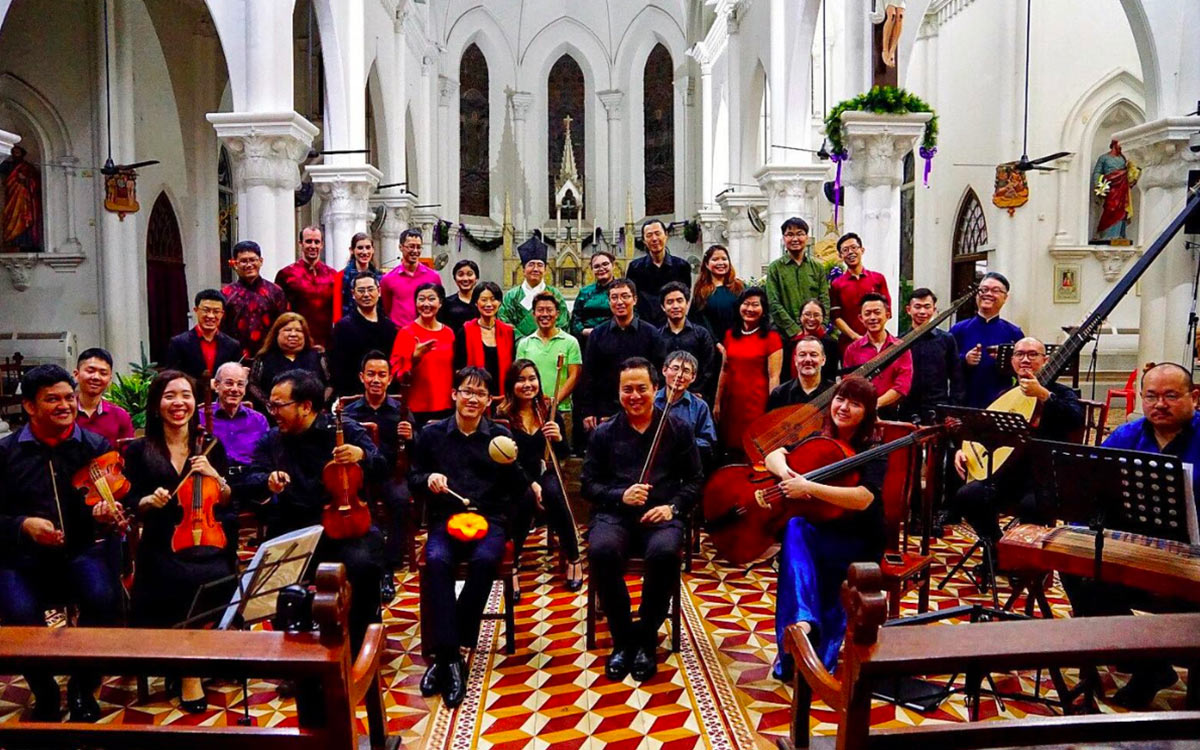
This event is over.
The Blessed Virgin Mary, mother of Jesus Christ, occupies a special place in the Catholic and Orthodox traditions of Christianity. In these traditions, the saints intercede for the living faithful on earth, and the greatest of saints is the mother of Christ. Her powers of intercession with her son Jesus were apparently limitless; murderers, thieves, and every variety of miscreant could turn to Mary to be saved from their well-deserved punishment. She was the key to heaven—the kindly Mother who would not fail to smuggle an erring child into Paradise—and her cult is strong.
Devotion to the figure of Mary as an example for the faithful began early, being attested as early as the 2nd century A.D., and found its peak in the late Middle Ages, when stories of the miracles of the Blessed Virgin abounded and countless churches in France were named Notre-Dame (Our Lady) in her honour.
Another strong movement around this time was that of the Troubadours. Composers and performers of Mediæval French lyric poetry and song, the Troubadours popularised the notion of ‘courtly love’, where a knight or nobleman dedicates himself to the service of a noble lady who ranked far above him, whose dignity, purity, honour, and kindness was praised extravagantly, and most importantly, unattainable and to be admired from respectful distance.
In this milieu of Marian devotion and courtly love, appears Gautier de Coincy (1177-1236), a French abbot and troubadour, who compiled Les Miracles de Nostre-Dame (The Miracles of Our Lady) in which he set poems in praise of the Virgin Mary to popular melodies of his day. Courtly love is now transformed for a pious purpose.
England and France are often thought of as culturally distinct today, but this was not always so. From the Norman Conquest of 1066, the ruling class of England were French or deeply Francophile, and the official language of the English court from 1066 till 1362 was French. From the 1340s to the 19th century, the monarchs of England and Ireland (and, later, of Great Britain) also claimed the throne of France. Even Chaucer’s prioress (a woman who is second in charge of an abbey) in the late 1300s spoke French as a means of social advancement. As such, trends from France were always strong in England, whether in art, literature, music, fashion, or indeed, religion.
At this year’s edition of A Tapestry of Sacred Music, listen to a selection of Marian devotional and liturgical music taken from Gautier de Coincy’s songs (c. 1230), the Worcester Fragments (late 13th to early 14th century) and the Old Hall Manuscript (late 14th to early 15th century). Accompanying the voices are instruments, commonly seen to be played by the angels that surround the Virgin and Child in Mediæval depictions.
No tickets will be issued. Seats are available on a first-come, first-served basis.
Cappella Martialis
Cappella Martialis (Latin for ‘The Tuesday Singing Group’) coalesced in 2011 as a collective of singers enthused about the lesser-known gems of the early choral tradition from the Baroque and before, particularly the Renaissance and Mediæval periods.
The group's aims are to sing sacred music liturgically and secular music in historically informed performance. They are not religiously affiliated and welcome new singers. Instruments are added as appropriate for the repertoire. They also have a small band for Mediæval, Renaissance, early Baroque, and Middle Eastern instrumental dance music. New singers and instrumentalists with an interest in HIP (Historically Informed Performance) are always welcome. They are always delighted to share knowledge, and encourage audience members to talk to them after the concert about their choice of repertoire and their instruments.
Edward C. Yong read Classics and Byzantine Studies at King’s College London, spending his free time singing bass or playing lute with various London ensembles. Between researching and planning concerts for Cappella Martialis, Singapore’s only historically informed performance group specialising in Renaissance music, he writes and edits, and teaches Greek & Latin. Edward is also the author of the notes for this programme.
28 Apr 2023, Fri
7.30pm
1 May 2023, Mon
7.45pm


Become a member

Great arts experiences begin with Esplanade&Me. Join this membership to enjoy ticket specials on shows at Esplanade, early bird specials, promotions at Esplanade Mall, unlimited access to Offstage and more.

Never miss a show again. Get on our mailing list.
- Hevene Quene: Marian Devotion from Mediæval England and France

